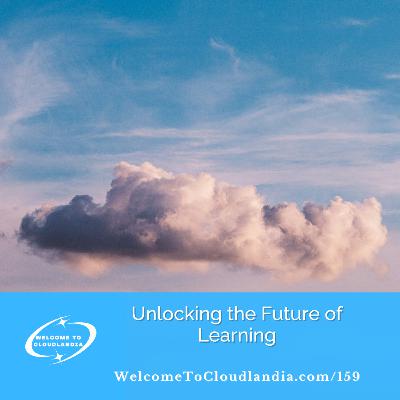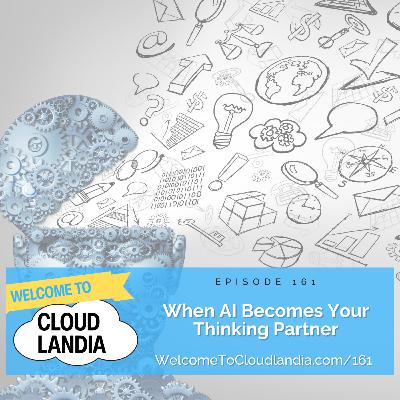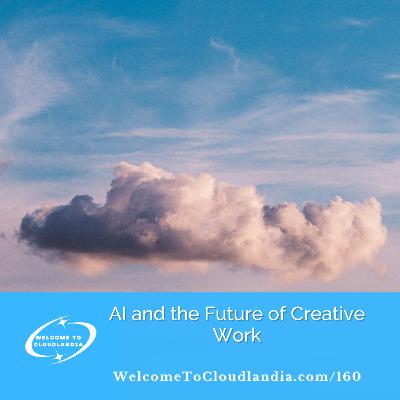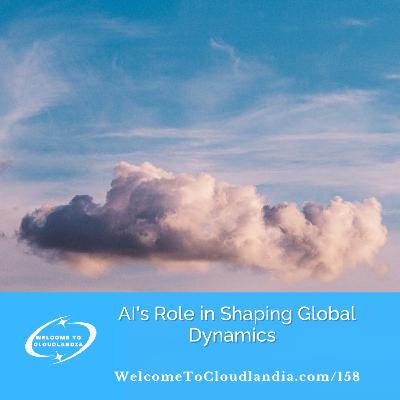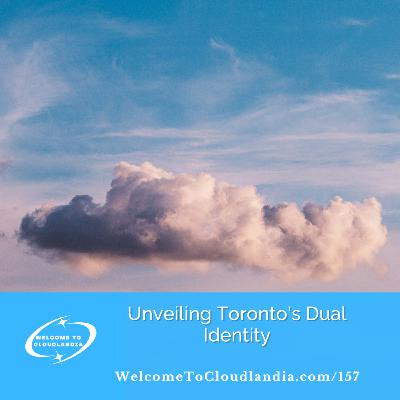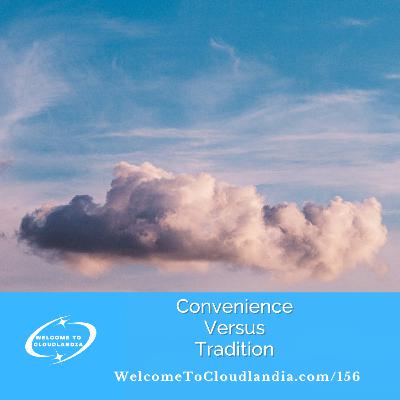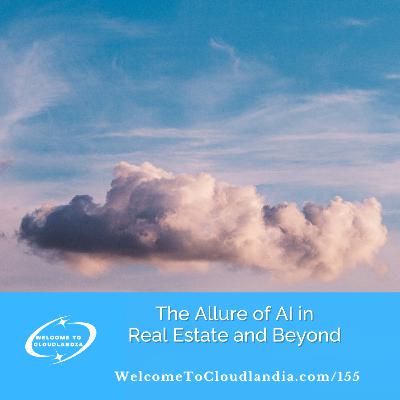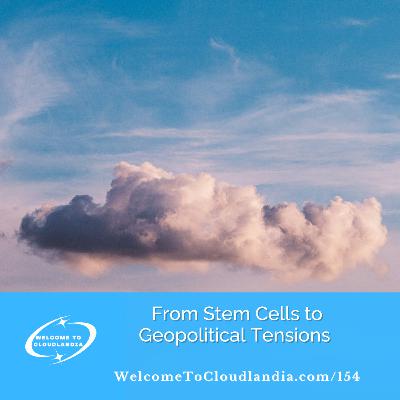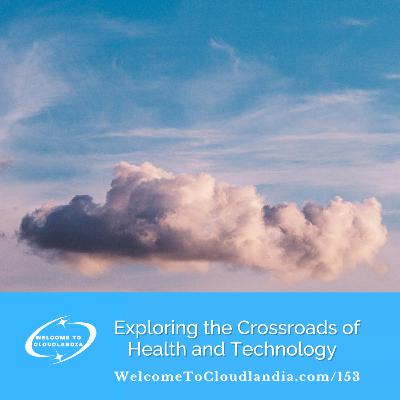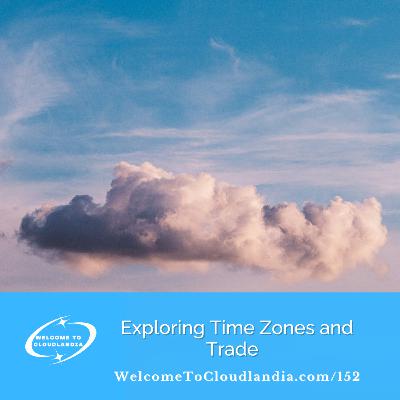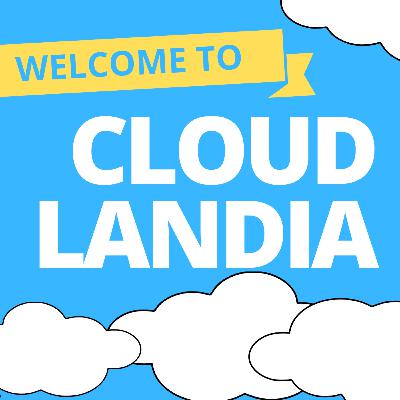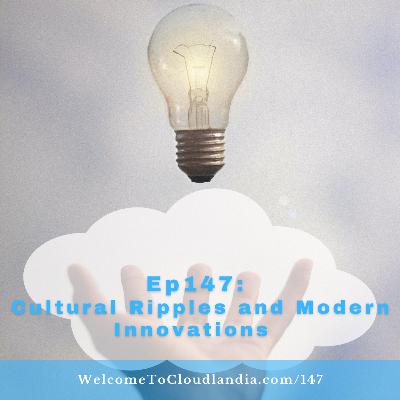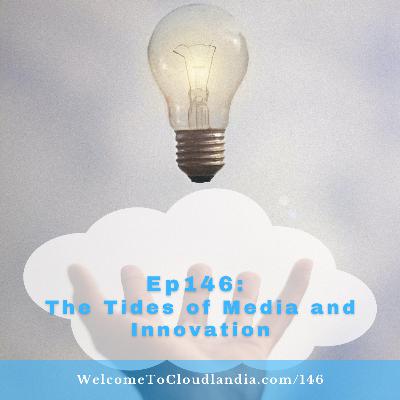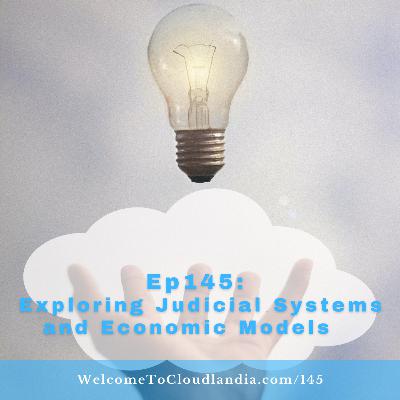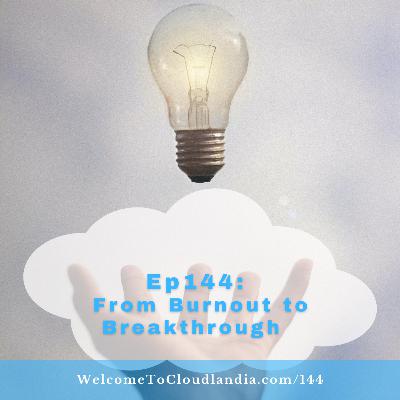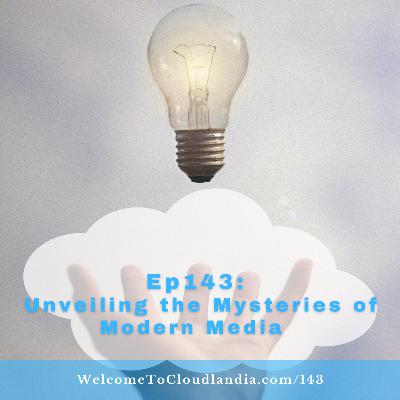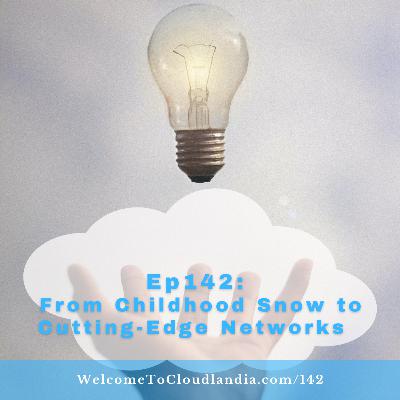Ep159: Unlocking the Future of Learning
Description
In this episode of Welcome to Cloudlandia, we explore the shifting landscape of expertise in the digital age. Our discussion starts by examining the sheer volume of digital content and how it challenges traditional learning and expertise. With AI playing a significant role, we consider how this technology might disrupt long-established institutions like universities, allowing individuals to gain expertise in new ways.
We then take a historical journey back to the invention of the printing press, drawing parallels between past and present innovations. Using AI tools like ChatGPT, we uncover details about Gutenberg's early legal challenges, showcasing how AI can offer new insights into historical events. This approach highlights how asking the right questions can transform previously unknown areas into fields of expertise.
Next, we discuss the changing role of creativity in an AI-driven world. AI democratizes access to information, enabling more people to create and innovate without needing institutional support. We emphasize that while AI makes information readily available, the challenge of capturing attention remains. By using AI creatively, we can enhance our understanding and potentially redefine what it means to be an expert.
Finally, we consider the impact of rapid technological advancements on daily life. With AI making expertise more accessible, we reflect on its implications for traditional expert roles. From home renovation advice to navigating tech mishaps, AI is reshaping how we approach problems and solutions. Through these discussions, we gain a fresh perspective on the evolving landscape of expertise and innovation.
SHOW HIGHLIGHTS
Links:
WelcomeToCloudlandia.com
StrategicCoach.com
DeanJackson.com
ListingAgentLifestyle.com
TRANSCRIPT
(AI transcript provided as supporting material and may contain errors)
Dean: Mr Sullivan.
Dan: But who's going to listen to all the transcriptions? That's what I want to know. Who's going to read them yeah, but what are they going to do with them? I don't know, I think it's going to confuse them actually.
Dean: They're on to us. They're on to us. They're on to us and we're on to them.
Dan: Yeah but it's a problem. You know, after a while, when you've overheard or listened to 3 million different podcasts, what are you doing with it? I know, is it going anywhere? Is it producing any results? You know, I just don't know that's really.
Dean: It's funny that you say that right. Like there's, I and you have thousands of hours of recorded content in all of the podcasts. Like between you know, podcasting is your love language. How many five or seven podcasts going on at all time. And I've got quite a few myself.
Dan: I have eight series.
Dean: You've got eight series going on regularly 160 a year times, probably 13 years. Yeah, exactly.
Dan: Let's say but there's 1,600. Let's say there's 1,600 and it adds up.
Dean: Let's call that. We each have thousands of hours of on the record, on the record, on your permanent record in there. Yeah, because so many people have said uh you know, you think about how much people uh talk, you think about how much people talk without there being any record of it. So that body of work. I've really been trying to come to terms with this mountain of content that's being added to every day. Like it was really kind of startling and I think I mentioned it a few episodes ago that the right now, even just on YouTube, 500 hours a minute uploaded to YouTube into piling onto a mountain of over a billion available hours.
Dan: It's more than you can. It's really more than you can get to.
Dean: And that's when you put it in the context of you know, a billion. I heard somebody talk about. The difference between a million and a billion is that if you had,1 a second each second, for if you ran out, if you're spending that $1 a second, you would run out if you had a million dollars in 11 and a half days, or something like that and if you had a?
billion dollars, it would be 30 be 11 000, 32 years, and so you think about if you've got a million hours of content it would take you know it's so long to consume it.
Dan: You know it's funny. I was thinking about that because you know there's a conflict between the US government and Harvard University. I don't know if you follow this at all. No, government and Harvard University. I don't know if you follow this at all. Because no? Yeah, because they get about. You know they get I don't know the exact number, but it's in the billions of dollars every year from the US government, harvard does you know? Harvard does you?
know, and and. But they, you know they've got some political, the DEI diversity, and the US basically is saying if you're, if you have a DEI program which favors one race over another, we're not going to give. We're not going to give you any more money, we're just not going to give you any more money. I mean unless it's if you favor one racial group over another, you don't get the. You don't get US tax money. So they were saying that Harvard has $53 billion endowment.
And people say, well, they can live off their endowment, but actually, when you look more closely at it, they can't, because that endowment is gifts from individuals, but it's got a specific purpose for every. It's not a general fund, it's not like you know.
We're giving you a billion dollars and you can spend it any way you want Actually it's very highly specified so they can't actually run their annual costs by taking, you know, taking a percentage, I think their annual cost is seven or eight billion dollars to run the whole place billion to run the whole place. So if the US government were to take away all their funding in eight, years they would go bankrupt.
The college would go, the university would just go bankrupt, and my sense is that Trump is up to that. The president who took down Harvard. The president who took down Harvard. It wouldn't get you on Mount Rushmore, but there's probably as many people for it as there are against it.
Dean: Well, you never know, by the end it might be Mount Trump. We've already got the gulf of america who named it?
Dan: anyway, yeah it's so, it's, yeah, it's so funny because, um you know, this was a religious college at one time.
You know, harvard, harvard college was once you know, I I'm not sure entirely which religion it was, but it was a college. But it's really interesting, these institutions who become. You say, well, you know they're just permanent, you know there will never be. But you know, if a college like a university, which probably, if you took all the universities in the world and said which is the most famous, which is the most prominent, harvard would you know, along with Cambridge and Oxford, would probably be probably be up and you know what's going to take it down.
It is not a president of the United States, but I think AI might take down these universities. I'm thinking more and more, and it has to do with being an expert. You know, like Harvard probably has a reputation because it has over, you know, 100 years, anyway has hundreds of experts, and my sense is that anybody with an AI program that goes deep with a subject and keeps using AI starts acquiring a kind of an expertise which is kind of remarkable, kind of an expertise which is kind of remarkable.
You know, like I'm, I'm beginning that expert expertise as we've known it before november of 2022 is probably an ancient artifact, and I think that that being an expert like that is going to be known as an expert, is probably going to disappear within the next 20 years. I would say 20 years from now 2045,. The whole notion of expert is going to disappear.
De

